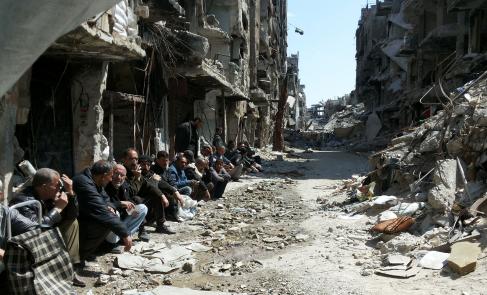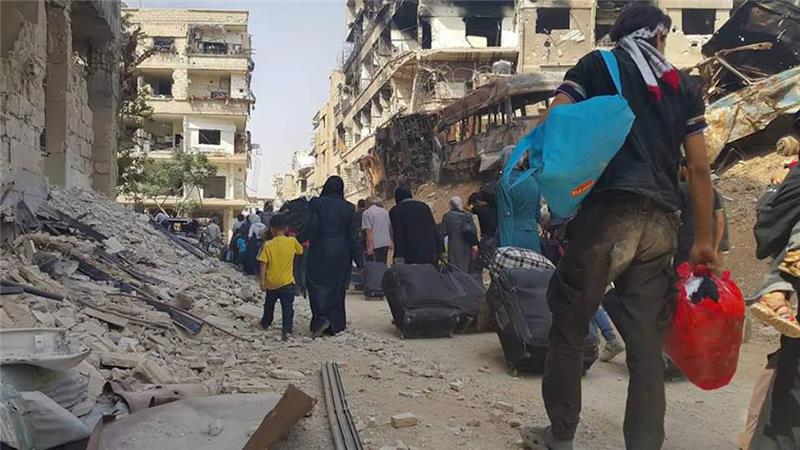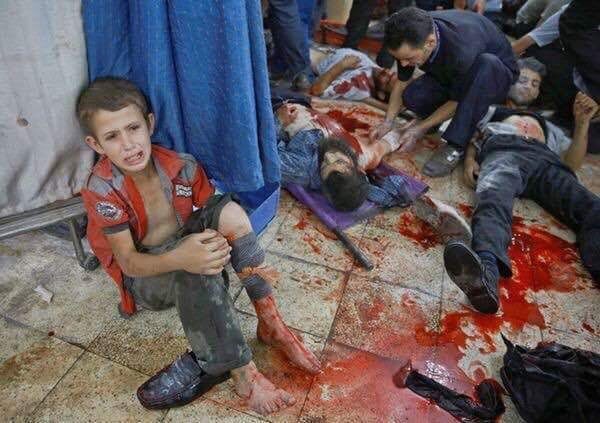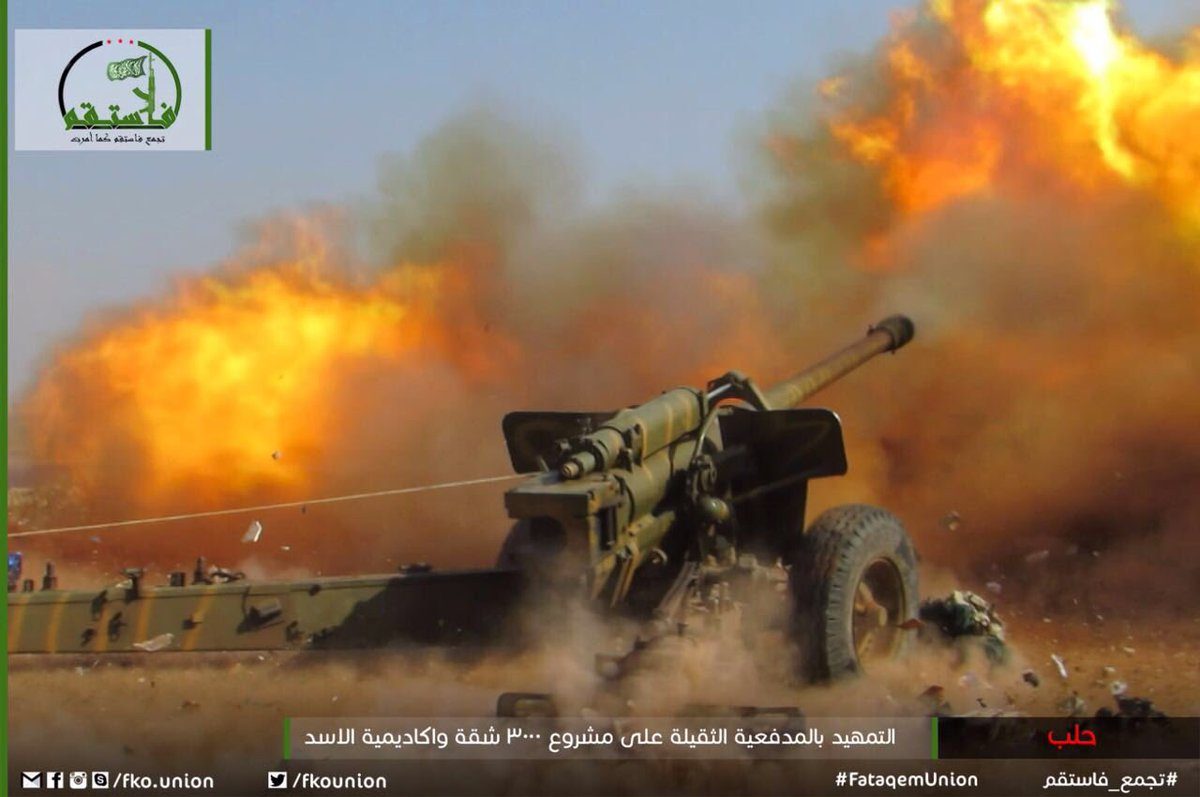
In a recent renewed appeal for funding, the UNRWA added that its need for funds for its humanitarian aid services has become more critical than ever. According to the UN agency.
The majority of the estimated 450,000 Palestine refugees in Syria are displaced and 95 percent of them rely on UNRWA for assistance. Thousands remain trapped in areas of active conflict, where they face appalling suffering. Tens of thousands have fled to Lebanon and Jordan where, despite the generosity of host countries, they face increasing marginalization and despair.
As the United Nations Relief and Works Agency (UNRWA) today launches its US$ 817 million emergency appeals for Syria and the occupied Palestinian territory (oPt), these contexts continue to experience the relentless effects of conflict, occupation, and blockade, UN said.
In the oPt, Palestine refugees are exposed to the lasting consequences of an occupation now approaching 50 years and a decade-long blockade, which define every aspect of their lives. While in the year 2000, roughly 80,000 people in Gaza were reliant on humanitarian assistance, the figure has risen to over 830,000 today. In the West Bank, settlement building activity has left many thousands at risk of forced displacement and dispossession.
the armed violence in Syria has caused mass displacement that reached over 60 percent of the Palestinian community and greatly affected UNRWA programs and assets. It pointed out that the majority of the estimated 450,000 Palestinians refugees remaining in Syria are displaced and in dire need of relief services, stressing that 95 percent of them rely completely on its assistance.
The agency says it provides humanitarian support in the forms of cash, food and non-food items, and collective shelter assistance, and despite the conflict, it continues to offer essential services, such as education to approximately 45,000 students, primary health care through 26 health centers and health points, and a range of services. In the first six months of 2016, the UNRWA achieved some major goals, such as resuming badly-needed humanitarian aid to people from Yarmouk after an eight-month-long hiatus. In March and April, it also vaccinated 25,186 children against polio. By the end of June, it had completed two full distribution rounds of cash and food to approximately 414,000 Palestine refugees.
“To mitigate the catastrophic impact of the conflict on Palestine refugees, UNRWA depends on the renewed commitment of its generous donors to help fill the gap and ensure it delivers on its mandate. The agency’s ability to continue its crucial work is under threat as the 2016 Syria Regional Crisis Emergency Appeal remains critically underfunded. By the end of June, only 30 percent of funding had been raised.” “If the agency is to deliver the commitment of the international community to Palestine refugees, particularly those in Syria, it must be given the support to do so,” UNRWA stated in its appeal.



